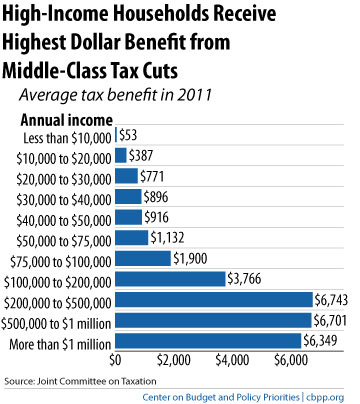Five Reasons Why Capital Won’t Come Cheap Anymore
For three decades leading up to the financial crises, capital was cheaper and more available than ever. People became used to low interest rates and ease of borrowing. Now that the tables have turned, how will global investments and savings shift?
As developing economies embark on one of the biggest building booms in history and China boosts its domestic consumption, global savings growth is constrained. To support the changes in the market, global investments must exceed savings to push real interest rates up.




